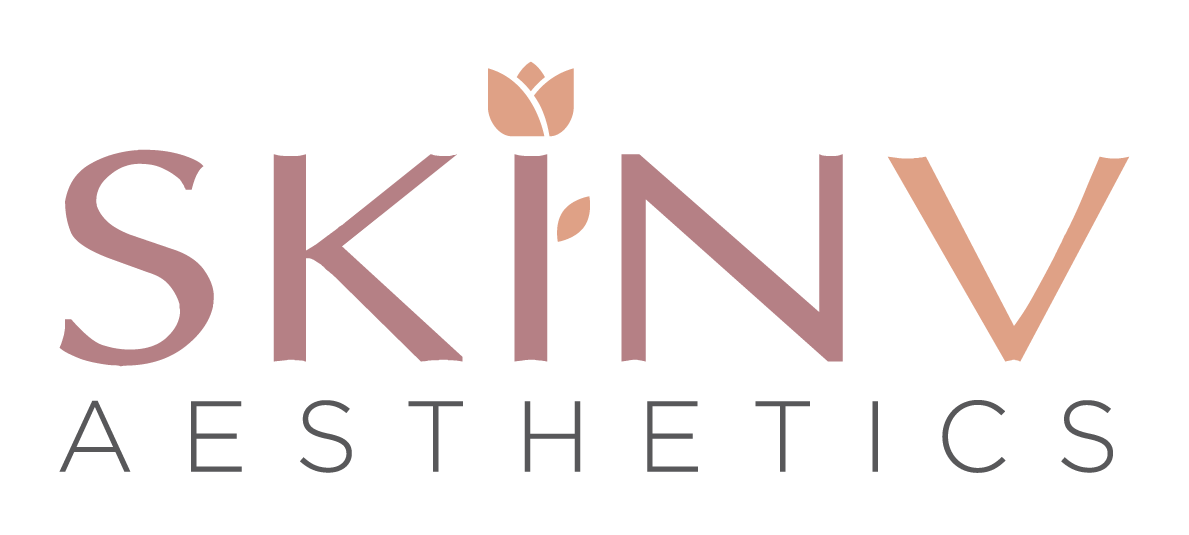Vitamin C- The Rx For Anti-Aging Success
The use of Vitamin C to prevent aging is a trendy topic in the skincare industry. If you are into skincare at all, you have probably heard of this miraculous ingredient. But, maybe wondering what it can do for the skin and why it's so beneficial.
Vitamin C has been touted as the best anti-aging skincare ingredient on the market, with years of studies and research to back it up.
What does Vitamin C do for the skin, and why is this ingredient so legendary? Is there any truth to all the hype?
ABOUT VITAMIN C
Vitamin C is a powerful antioxidant that helps to neutralize free radicals ( highly reactive and unstable molecules that damage our cells). Daily aggressors such as UV exposure and environmental pollutants can induce free radicals in the skin, leading to premature aging.
Vitamin C is a multitasking vitamin that protects our skin from damage; it also lightens, brightens, and promotes a more youthful, even complexion.
Most of us get plenty of Vitamin C from our diet through fruits and vegetables or supplements, but we may not be getting enough for our skin to reap the benefits. The use of cosmeceutical-grade topicals formulated with high-quality Vitamin C is key if we want to maintain a smooth, healthy glow.
Let's take a look at the many healing benefits that Vitamin C can provide for our skin, and why it is one of the top skincare ingredients you should have in your skincare regimen.
THE ANTI-AGING BENEFITS OF VITAMIN C
FADES BROWN SPOTS
Vitamin C can fade brown spots caused by hyperpigmentation, age spots, and melasma. This potent skin brightener lightens the pigment by inhibiting melanin production. Melanin is the pigment that gives our skin its color-produced to protect our skin from UV damage. When our skin is exposed to UV rays, melanin can overproduce to create a thick blanket of protection in specific areas- making dark spots appear where they shouldn't be. Repeated exposure can cause the melanin to deposit in more areas, creating a mask effect.
When a topical Vitamin C is applied regularly, it can help fade those pesky brown spots and heal the skin, and it can prevent new dark spots from forming.
If you are among the many women who have suffered skin damage associated with photoaging, such as hyperpigmentation or melasma, it's time to make Vitamin C your new best friend!
PREVENTS PREMATURE AGING
Vitamin C aids in the skins' healing process by boosting the production of collagen and elastin. Collagen and elastin are protein fibers that give your skin solid structure and strength—keeping it plump, smooth, and elastic. As we start to age, collagen production slows down, and past damage starts to show in the form of lines, wrinkles, and lax skin. Vitamin C is a must-have ingredient if you want to keep your skin firm and youthful.
VITAMIN C IS SAFE FOR MOST SKIN TYPES
Vitamin C has been studied and shown as a safe and effective ingredient. Vitamin C can be used by most skin types with a variety of formulations and scales of strength; most skin types can use vitamin c. Vitamin C can also be used with other products that contain active ingredients such as alpha-hydroxy acids and retinoids, making it the perfect addition to your anti-aging skincare regimen.
HYDRATING
Studies have shown that the addition of topical vitamin C can enhance the production of lipids in the skin's barrier ( those natural fats needed to keep the skin moisturized), which plays a vital role in the skin's ability to protect itself from water loss. We all know that adequate water intake is critical for healthy cell function, but it can be challenging for most to drink the required amount. With around 75% of the population being dehydrated, topical vitamin c can help decrease transepidermal water loss and help your skin to retain more moisture.
HEALING
Vitamin C can accelerate cell turnover and accelerate wound healing by inhibiting the pathway responsible for activating inflammatory signaling. Vitamin C reduces the inflammation that causes redness in the skin, making it an ideal ingredient to speed up healing after an aggressive facial treatment or sunburn. It has a similar effect on inflammatory conditions caused by acne vulgaris or rosacea.
HOW TO USE A VITAMIN C SERUM
Before adding any product to your regimen, do a patch test to assess the risk of an allergic reaction.
Here's How:
apply a small, dime-size amount of vitamin c to clean skin ( we like to patch test on the neck, just under the ear). If you do not react after 24-48 hours, you should be safe to apply it to the entire face. If you experience adverse reactions such as rash, redness, or hives, discontinue use and advise your esthetician or dermatologist.
Vitamin c can be used 1-2 times per day ( depending on formulation). Apply the vitamin c according to the recommendation of your skincare professional or by following the instructions printed on the label. A typical skincare regimen will include a cleanser, toner, vitamin c serum, and moisturizer. Vitamin c is safe to use in conjunction with other active ingredients, so feel free to layer it under your favorite anti-aging serums. Just remember, topical products should always be applied thinnest to thickest
If you are looking to add an effective vitamin C serum to your skincare diet, we highly recommend the C+ serum. This potent serum is loaded with skin brighteninig and healing antioxidants such as vitamin c, e, and ferulic acid.



